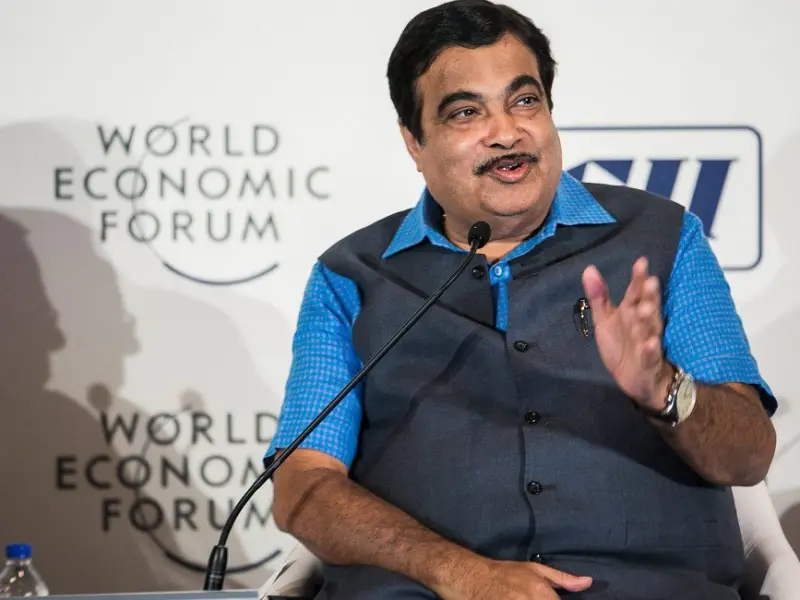In response to the rising cases of financial fraud through digital transactions, the Modi government is set to introduce a significant new plan. This initiative aims to enhance the security of digital payments by allowing transactions to be reversed within four hours.
The Four-Hour Window for Transaction Reversal
Key Details:
- Digital Transactions: The plan is likely to impose a four-hour limit for reversing digital transactions over INR 2,000.
- Platforms Affected: This rule will apply to various digital transaction methods, including IMPS, RTGS, and UPI.
Government Statement: A senior government official, quoted by The Indian Express, stated, “We are considering adding a four-hour time limit for reversing digital transactions over INR 2,000. This discussion will involve stakeholders from the government and industry, including the Reserve Bank of India, public and private sector banks, and technology companies like Google and Razorpay.”
Rationale and Implementation
Objective: The measure is designed to provide users with a window to reverse or modify payments, especially in cases of first-time transactions.
Comparison with NEFT: The official compared this to the National Electronic Funds Transfer (NEFT) system, where transactions are processed within a few hours.
Initial Plans:
Initially, there was no intention to set a transaction limit. However, after informal discussions with industry stakeholders, it was realized that smaller transactions, such as grocery purchases, could be adversely affected. Therefore, the government plans to exempt transactions below INR 2,000 from this rule.
Current Transaction Limits for New Accounts
UPI Accounts: For new UPI accounts, users can transfer up to INR 5,000 within the first 24 hours.
NEFT Transactions: Similarly, for NEFT, a maximum of INR 50,000 can be transferred within the first 24 hours after a beneficiary is activated.
A Step Towards Enhanced Digital Security
This move by the Modi government is a significant step towards bolstering the security of digital transactions in India. By introducing a time frame for reversing transactions, the government aims to provide an additional layer of safety, thereby increasing public confidence in digital payment systems. This initiative is expected to play a crucial role in the ongoing efforts to combat financial fraud and enhance the security of online transactions





